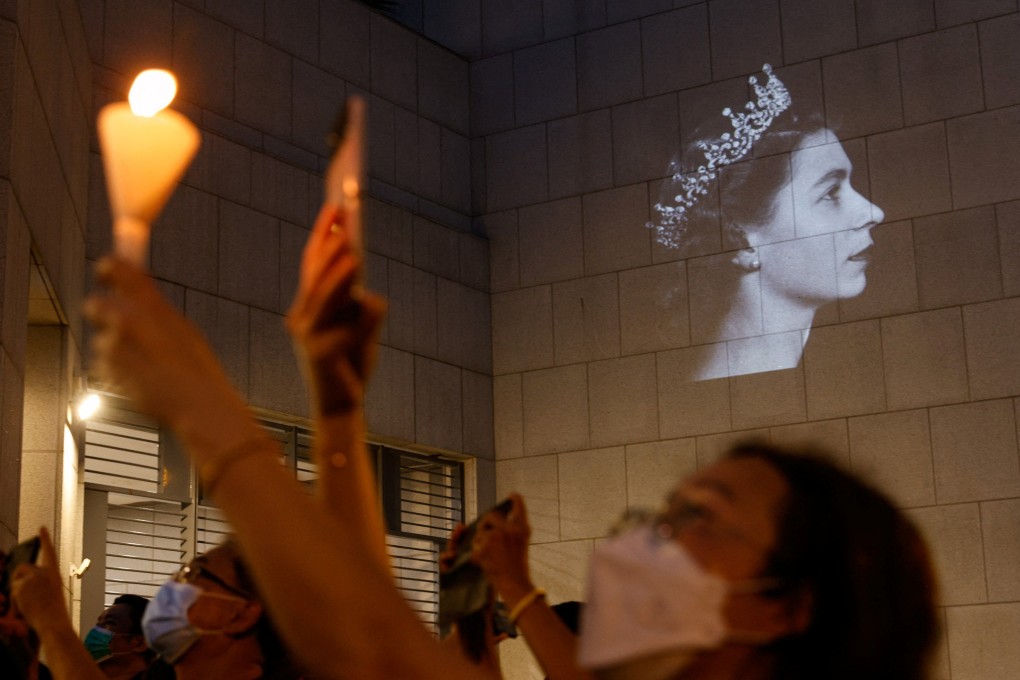Editorial | Rushing headlong into ‘decolonisation’ risks erasure of our history
- Maintaining some elements of Hong Kong’s colonial past can serve as a way of reflecting on the city’s legacy as it looks to the future

The death of Queen Elizabeth last month was mourned by many Hong Kong people. Thousands queued for hours to offer their condolences at the British consulate. Some felt nostalgia for the colonial era that ended in 1997. Others saw it as a way to express their disapproval of more recent political developments. Many simply wanted to pay their respects to Britain’s longest serving monarch.
The goodwill shown here has been compared to mixed reaction in other former colonies. It has troubled some who see it as evidence more needs to be done to remove remnants of the city’s colonial past. Legislator Maggie Chan Yan-ki has called for decolonisation to be stepped up. She urged the government to remove remaining colonial references from the city’s laws as a first step.
The Law Reform Commission has identified 74 pieces of legislation that require review because they include terms such as “Her Majesty”. It is surprising they remain, 25 years after the handover. Their removal is long overdue. But the process will be largely symbolic and is not urgent. The broader question of decolonisation remains sensitive, especially after the waving of British colonial flags during civil unrest in 2019. It should, however, be approached with caution and common sense.
Former colonies have a right to chart a new path and make a formal break with the past. Some have changed street names with colonial connotations. Such measures, if adopted, should be undertaken gradually, in the right spirit and with public understanding. There is a need for balance. The past should not be denied or completely removed.
Hong Kong, in becoming a part of China, is different to other former British colonies. The “one country, two systems” concept underpinning the city’s constitutional arrangements requires its way of life to remain unchanged until at least 2047. That means keeping most of the features that originated in colonial times and are seen as key elements of Hong Kong’s economic success.
Sadly, Hong Kong has become divided. The queues for to commemorate the queen are a reminder that those divisions remain. The answer, however, does not lie in changing the names of streets, schools or hospitals. Education is the best way to instil in the young feelings of ownership and pride in their country. Further integration with the mainland will help. The opening up of places in the national space programme to hopefuls from Hong Kong is one example of measures that build a sense of belonging.
